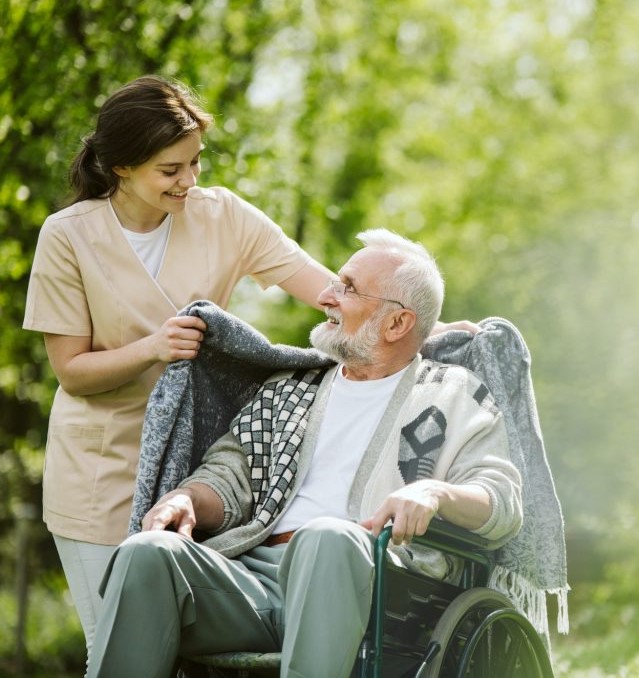Resilient Yellowstone
Community Health Workers (CHWs) for Resilience
With funding support from the Community Health Workers for COVID Response and Resilient Communities (CCR) initiative, we are working with local organizations to recruit, train, and deploy community health workers (CHWs) to address health issues for those hardest hit by the pandemic and build resilience to weather future crises. CHWs are frontline public health workers who are trusted members of the community they serve. They help people access health and social services and address the root causes of poor health.
Through this initiative, we seek to understand the true impacts of COVID-19 on our community and work to improve health. In addition to illness, hospitalization, and deaths caused by COVID-19, we are investigating the effects on chronic diseases such as obesity, mental illness, social isolation, and substance abuse, as well as drivers of health like housing, poverty, and employment. CHWs are helping develop emergency response plans, health education and outreach, health improvement plans and more to respond to their clients’ unique challenges.
Our goals:
Build a skilled CHW workforce in Yellowstone County to improve health for all
Identify health needs for groups most negatively affected by the pandemic
Build individual and community ability to address health issues
Build sustainability and longevity into CHW work

Partnering with local, state, and national partners to build resilience
Resilient Yellowstone’s communities of focus are individuals with disabilities, Native Americans, older adults, and lower-income residents. Local organizational partners who developed CHW positions or programs are: Adult Resource Alliance, Big Sky Senior Services, Billings Clinic, Billings Chamber of Commerce, Living Independently For Today & Tomorrow, Native American Development Corporation, RiverStone Health and St. Vincent Healthcare/Intermountain Health.
We are also partnering with the Montana Office of Rural Health through MSU in Bozeman, the Montana Public Health Institute, Rocky Mountain Tribal Leaders Council, the Centers for Disease Control and Prevention, and other communities throughout the nation to support this work.

 in Montana
in Montana